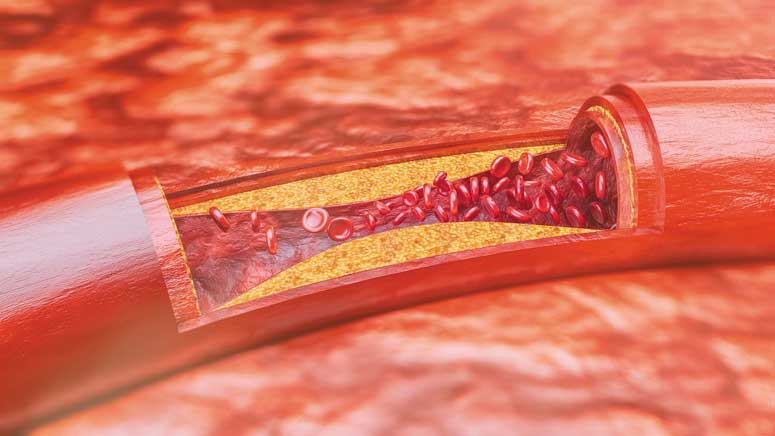Treatments and Medications

Treatments for arteriosclerosis majorly consist of a healthy diet, exercise, sometimes surgery, and medication to control and possibly reverse your condition (as there are not presently any treatments to reverse arteriosclerosis). If an enlarged vessel is diagnosed, the goal will be to develop a personalized plan so blood clots do not form.
Medications for the treatment of arteriosclerosis are prescribed based on the location of the enlarged blood vessels and other existing health conditions. These treatments include:
- Angiotensin-converting enzymes (ACE) inhibitors reduce blood pressure and lower the risks of a heart attack.
- Aspirin can prevent platelets from forming blood clots
- Calcium water pills (diuretics) and channel blockers can lower blood pressure.
- Clot-busting drugs could dissolve the blood clot.
- Cholesterol [5] medications can protect the heart arteries
- Beta-blocker medications can reduce the heart rate and blood pressure and diminish chest pains, irregular heart rhythm, and the risk of a heart attack.
- Coronary artery bypass surgery: This surgery helps create a new pathway for blood circulation to the heart. This involves the surgeon attaching a healthy piece of a vein to the coronary artery, just above and below the blockage to allow bypass.
- Endarterectomy: A general procedure for the surgical removal of plaque from the artery that has been blocked or narrowed.
- Thrombolytic therapy: A treatment used in breaking up masses of plaque inside the arteries through intravenous clot-dissolving medicine.
- Stent and angioplasty placement: this involves inserting a catheter first into the blocked or narrowed part of the artery, [6] then a second one with a deflated balloon that is passed through the catheter into the narrowed area. The balloon is then deflated, pushing the deposits back into the arterial walls after which a mesh tube is usually left behind to prevent the artery from retightening.
Conclusion
If arteriosclerosis is not early enough and treated, it could develop into atherosclerosis which causes chronic health issues. If your symptoms get worse or you are developing new symptoms, visit your healthcare provider or hospital. You may need treatments, surgery, or medicine to reduce the complications of arteriosclerosis.
Reference:
[1] https://www.nhs.uk/conditions/atherosclerosis/
[2] https://medlineplus.gov/heartattack.html
[3] https://www.healthline.com/health/diabetes
[4] https://www.cdc.gov/bloodpressure/about.htm
[5] https://www.nhs.uk/conditions/high-cholesterol/
[6] https://www.webmd.com/heart/picture-of-the-arteries













